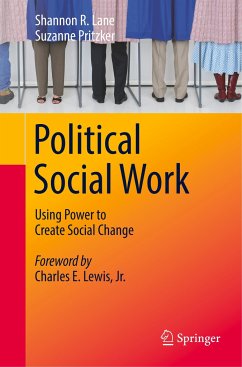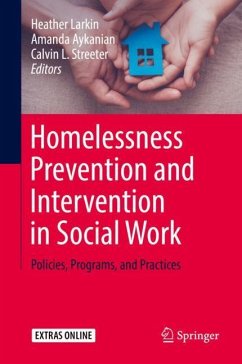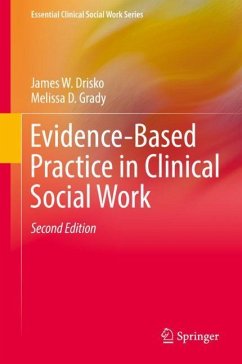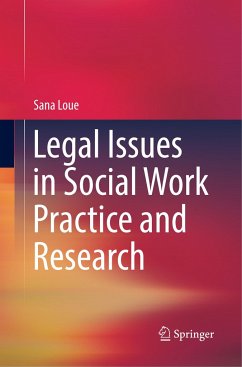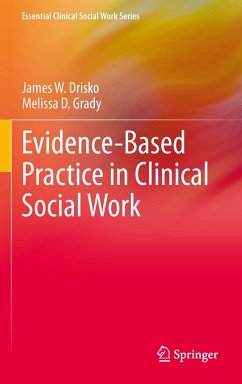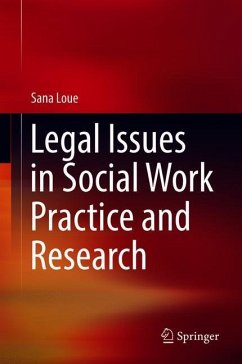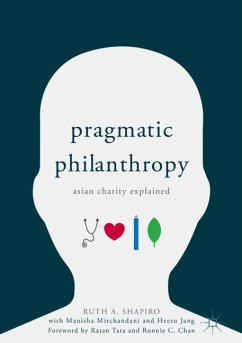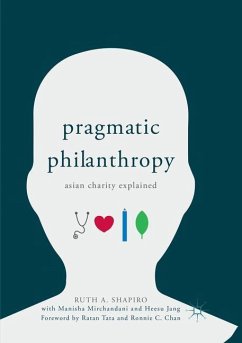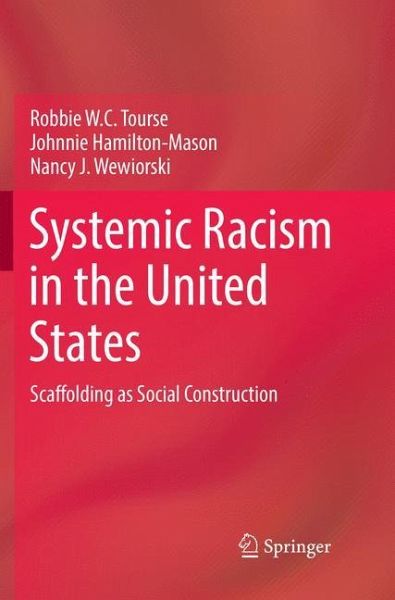
Systemic Racism in the United States
Scaffolding as Social Construction
Versandkostenfrei!
Versandfertig in 6-10 Tagen
61,99 €
inkl. MwSt.
Weitere Ausgaben:

PAYBACK Punkte
31 °P sammeln!
"Tourse, Hamilton-Mason, and Wewiorski discuss major concepts that help explicate the systemic nature of institutionalized racism in the U.S. - with a focus on social construction, oppression, scaffolding, and institutional web - providing insight into racist thought and behavior that construct and mark people of color as 'a problem.' [...] I highly recommend this book for those who are engaged in working to combat domination and racism at the local, national, and global levels."-Gary Bailey, DHL, MSW, ACSW, Professor of Practice, Director of Urban Leadership Program, Simmons College School of...
"Tourse, Hamilton-Mason, and Wewiorski discuss major concepts that help explicate the systemic nature of institutionalized racism in the U.S. - with a focus on social construction, oppression, scaffolding, and institutional web - providing insight into racist thought and behavior that construct and mark people of color as 'a problem.' [...] I highly recommend this book for those who are engaged in working to combat domination and racism at the local, national, and global levels."
-Gary Bailey, DHL, MSW, ACSW, Professor of Practice, Director of Urban Leadership Program, Simmons College School of Social Work
This important volume provides a powerful overview of racism in the United States: what it is, how it works, and the social, cultural, and institutional structures that have evolved to keep it in place. It dissects the rise of legalized discrimination against four major racial groups (First Nations, Africans, Mexicans, and Chinese) and its perpetuation as it affects these groups and new immigrants today. The book's scaffolding framework-which takes in institutions from the government to our educational systems-explains why racism remains in place despite waves of social change. At the same time, authors describe social justice responses being used to erode racism in its most familiar forms, and at its roots.
This timely resource:
Examines the sociology of discrimination as a constant in daily life.
Traces the history of the legalization of racism in the United States.
Locates key manifestations of racism in the American psyche.
Links racism to other forms of discrimination.
Identifies the interlocking components of institutionalized racism.
Offers contemporary examples of resistance to racism.A forceful synthesis of history and social theory, Systemic Racism in the United States is vital reading for practitioners and other professionals in fields related to human rights, social policy, and psychology. And as a classroom text, it challenges its readers to deepen their understanding of both historical process and current developments.
-Gary Bailey, DHL, MSW, ACSW, Professor of Practice, Director of Urban Leadership Program, Simmons College School of Social Work
This important volume provides a powerful overview of racism in the United States: what it is, how it works, and the social, cultural, and institutional structures that have evolved to keep it in place. It dissects the rise of legalized discrimination against four major racial groups (First Nations, Africans, Mexicans, and Chinese) and its perpetuation as it affects these groups and new immigrants today. The book's scaffolding framework-which takes in institutions from the government to our educational systems-explains why racism remains in place despite waves of social change. At the same time, authors describe social justice responses being used to erode racism in its most familiar forms, and at its roots.
This timely resource:
Examines the sociology of discrimination as a constant in daily life.
Traces the history of the legalization of racism in the United States.
Locates key manifestations of racism in the American psyche.
Links racism to other forms of discrimination.
Identifies the interlocking components of institutionalized racism.
Offers contemporary examples of resistance to racism.A forceful synthesis of history and social theory, Systemic Racism in the United States is vital reading for practitioners and other professionals in fields related to human rights, social policy, and psychology. And as a classroom text, it challenges its readers to deepen their understanding of both historical process and current developments.





